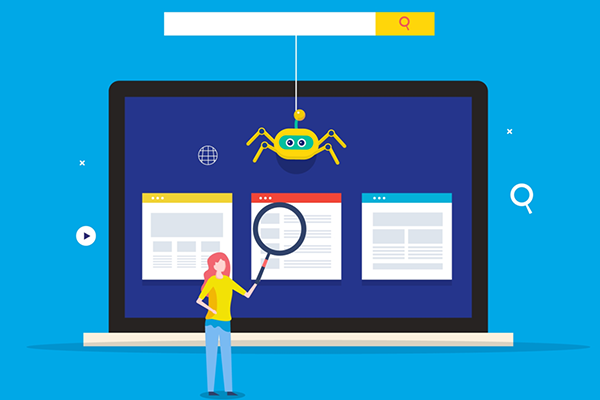As a website owner or manager, you want your site to appear on the first page of Google search results. However, if your site isn’t indexed by Google, it won’t show up in search results, which means you’re missing out on potential traffic and customers. In this article, we’ll explore 14 of the top reasons why Google may not be indexing your site.
Your site isn’t accessible: The first reason why Google may not be indexing your site is that it’s inaccessible. This could be due to a server error or a website downtime. If your website is down, Google won’t be able to crawl it and index its content. Therefore, make sure your website is live and available to users and search engines.
Your site is new: If your website is new, it may take some time for Google to find and index it. This is because Google’s crawlers have billions of web pages to crawl, and it can take some time for them to get to your site. So, be patient and focus on creating high-quality content that will attract visitors and links.
Your site has noindex meta tags: The noindex meta tag tells search engines not to index a page or website. If your website includes this tag, Google won’t index your website. Therefore, make sure your website doesn’t include the noindex meta tag.
Your site has duplicate content: Google may not index your site if it contains duplicate content. Duplicate content can happen unintentionally, such as when two or more pages have similar content, or intentionally, such as when someone copies content from other websites. Make sure your content is unique and original to avoid duplicate content issues.
Your site has low-quality content: Google may not index your site if it contains low-quality content, such as thin, duplicate, or spun content. Such content offers little value to users and may even harm the website’s search engine rankings. Therefore, make sure your content is informative, engaging, and valuable to users.
Your site has too many ads: Google wants to provide users with the best possible search results. Therefore, if your website has too many ads, Google may not index it. Make sure your ads are not intrusive and don’t interfere with the user experience.
Your site has a crawl error: Google’s crawlers may encounter errors when crawling your website. Such errors can prevent Google from indexing your site. Use Google Search Console to identify any crawl errors on your website. Fix these errors to help Google crawl and index your site.
Your site is blocked by robots.txt: The robots.txt file tells Google which pages to crawl and which to avoid. If your robots.txt file is blocking Google from crawling your site, it won’t be indexed. Therefore, make sure your robots.txt file isn’t blocking Google from crawling your site.
Your site is penalized: If your website violates Google’s guidelines, it may be penalized, which can result in a loss of rankings or complete deindexing. Check your site for any potential violations and correct them.
Your site has no backlinks: Backlinks are a crucial factor in determining a website’s authority and credibility. If your site has no backlinks, Google may not consider it important or valuable enough to index. Therefore, focus on building high-quality backlinks from relevant websites.
Your site is too slow: Website speed is another important factor in search engine rankings. Google may not index your site if it takes too long to load. Optimize your website’s speed to improve user experience and increase the chances of being indexed.
Your site has broken links: Broken links on your website can prevent Google from crawling and indexing your site.
Your site has poor website architecture: Poor website architecture can make it difficult for Google’s crawlers to navigate and index your website. If your website’s structure is not optimized, Google may not index all of your pages. Make sure your website has a clear hierarchy and a logical organization of pages.
Your site is not mobile-friendly: With the rise of mobile devices, Google has prioritized mobile-friendly websites in its search results. If your website is not optimized for mobile devices, Google may not index it. Ensure that your website is mobile-friendly and responsive to improve your chances of being indexed.
In conclusion, there are several reasons why Google may not be indexing your site. The key is to ensure that your website is accessible, has high-quality content, and is optimized for search engines. By following best practices and addressing any issues, you can increase your chances of being indexed by Google and improving your search engine rankings.
